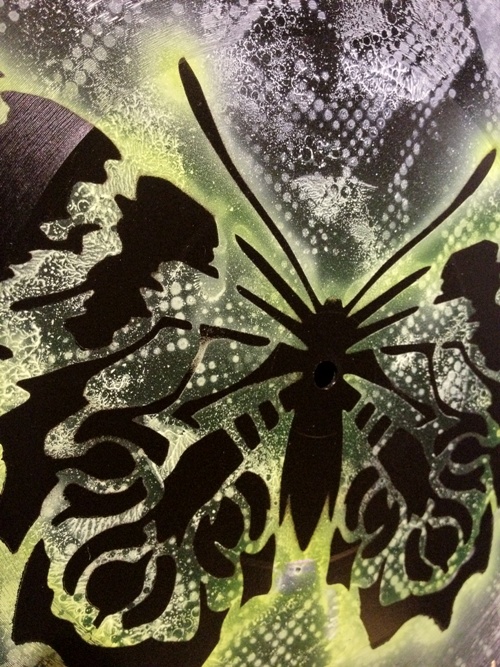On occasion I am asked to help jury an art exhibit. These requests are never answered right away. This is a great responsibility, of course not life and death, but responsibility nevertheless.
Always I am an artist and as such experience the anticipation and often the disappointment when the juror’s results come back. How long I let the disappointment effect me depends on how much I wanted the results to be different. But in time I seem to get beyond my insecurities, the gnawing feeling in the pit of my stomach and get back to the studio and to my work. Because, in truth, that is what it is my work, my voice and my passion. But the insecurity that visits any artist is always there no matter the experience, no matter how many times you submit work to be reviewed by a jury.
I am one other person, that is a teacher, and as such it is very important to me to never say, or do, anything that will create an environment in which a student would feel vulnerable or inept. It is important to me that my teaching is a chance for students to expand their abilities and techniques, not for me to insist on a style, or change an individual’s personal voice.
So when I answer the invitation to participate on a jury I answer from an artist’s point of view, a teacher’s, and a person willing to be public with an honest opinion and comfortable that the other members of the jury will do the same. All jurors have to be willing to voice their opinion and stand by it no matter how unpopular.
Acceptance Juries and Medal Award Juries
Is there any difference between being on a jury for acceptance into an art show, and a medal award jury? I do not think so. Both bear the same responsibility: fairness, honesty, and no politically motivated decisions. The result will be an opinion, that is all. I have been on a jury for acceptance into a show with two other jurors; we had a preset list of criteria, each to be awarded zero to five points. The paintings accepted were those with the highest total points awarded by the jurors, and in my opinion it was the fairest panel I have ever been on. There was little or no discussion between jurors, the art show was the combined result of three opinions.
I have had another experience; this was a jury to award medals. The jury was made up of six people each bringing their own particular expertise. We set our own criteria: botanical accuracy, color accuracy, composition, drawing accuracy/ability, control of medium, clear sense of a single light source creating volume and form. Each artist had to submit four works for the show, so the final criteria was overall consistency of the works. We talked at length in front of each artist’s grouping, debating each and every decision. Not once did we reach agreement, every medal was awarded by majority vote. This process depended on each juror having an opinion and being confident enough to vocalize that opinion and not be overruled. (Too often anyway.) You need to be ready to be the odd one out, and if necessary stand by your decision. It was often contentious; sometimes fun, but always a tremendous learning lesson.
Then we attended the art show opening ceremony, which of course included the presentation of the medals. I looked into the audience each time a medal was presented, and my heart went to those filled with anticipation. I so know that place and I so understand the complete let down when your name is not announced. Oh, how I wanted the announcer to say “Everyone got a medal, and by the way it is a gold” but there were artists who received gold, silver, or bronze medals and there were many artists who got nothing. Of course all the artists exhibited were accepted into a juried art show and that was no small feat. But all that work, passion, effort and no medal…. There were some who came to receive their medal with eyes full of tears, and there were those who did not get the expected medal with eyes full of tears.
Lessons to be Learned from Juried Art Shows
I have to remind Katie the Artist that a jury just has an opinion to be agreed or disagreed with. When you look at your work that’s been rejected, do you see it now with different eyes, maybe even in truth agree with the jury, it was not your best work, or do you look at the work and think “No this is exactly what I wanted to say, I disagree with their opinion” and be comfortable with that?
I have to ask Katie the Juror the question: “Are you completely comfortable with your participation in the process, was it fair and honest even though you might disagreed with some of the outcomes?”
I am writing this to Katie the Teacher: “How can you better prepare your students to create for themselves, to be confident in their own opinions, but still recognize their vulnerabilities?”
I am writing this to all of you who have been disappointed by the opinion of a jury: if there is a constructive lesson to be learned then take that as a gift. But do not put your pencils or brushes down because of the opinion of so few. Hold your opinions high in a respectful place and remember this is your work to do as you please. Try not let the jury effect you for too long. Keep in perspective that the opinion of any jury might well be different with only the slightest change in the make up of that jury.
From Katie Lee, Botanical and Zoological Artist


Leave a Reply
You must be logged in to post a comment.